The poems in this collection are a voyage of self-discovery. They are poems of disclosure, of exposure, of allowing one’s self to be vulnerable, of telling truths. The poet touches upon myriad themes such as bird-watching, illness, accidents—but through all of these, she examines the complexity of human feeling and relationships. These relationships can be familial or romantic, and as such, poems explore the poet’s relationship with her mother and sister as well as with her husband and, at times, her children.
Engagement Calendar documents a personal journey through many decades; it is a book about the territory of family life, and it speaks to the many experiences that make up an individual’s life.
These poems have received input from such known poets as Al Moritz, Bruce Meyer, Ken Babstock, Laura Lush, Rhea Tregbov and Molly Peacock. There is a polish here that attests to Rutherford’s own voice but that also suggests she has learned a great deal from others who know how to teach. The poems are straightforward and direct — an antidote to the complexity and obscurity of some modern poetry, and therefore will appeal to a wider audience of readers.

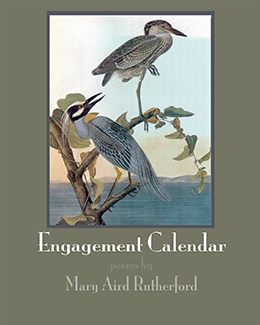
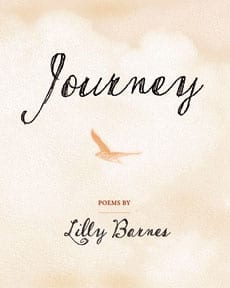
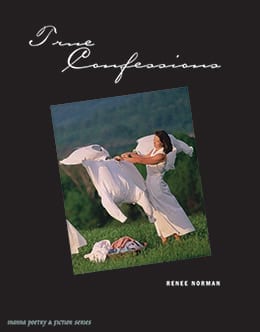
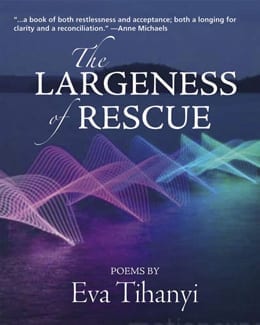

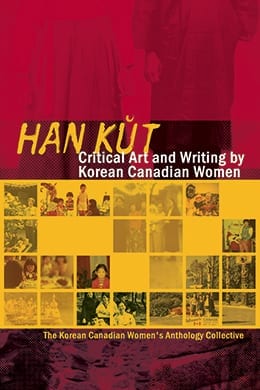
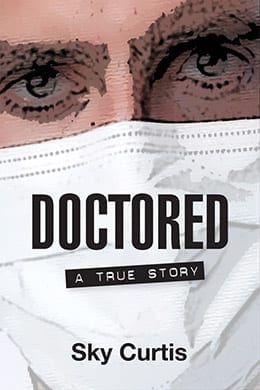
InannaWebmaster –
The Feminist Caucus, League of Canadian Poets
Reviewed by Anne Burke – December 1, 2013
http://poets.ca/programs-2/feminist-caucus/
This is a grieving collection which displays some of the stages of denial and resignation. Anticipatory grief occurs with the uncertainty of “maybe, maybe not”, instead of “good night”, because of the homily, “I pray my soul to take”, if one does not awaken in the morning. Grief is misplaced (“White Freesia”), a ritual of repetition (“The Anniversary”). The black-and-white images are from artwork by the poet’s mother, a watercolour “Separated” accompanies “A Dream”, a poem which situates the mother in her studio at an easel, together with handmade dolls; with a mood of senselessness, underpinning the epigrammatic themes of “Insensibility” (Wilfred Owen) and death (“Death, Etc” by Maxine Kumin). There is also a charcoal drawing of the poet as a child, four or five years of age, in1943, an ekphrasis as poem “Lines of Love”,” looking at you looking at yourself.” There are no memories of immortality; rather “Cancerland” is composed of a mammogram which initially discovered no malignancy. From that moment, all else follows.
In the title poem, a cedar waxwing outside the window is juxtaposed with “yellow-crowned herons” on her mother’s calendar cover. Robins are emblems of father and daughter, “He is her nest, she is his fledgling” (“Yearning”); but poised to strike, with his lure (“My Binoculars Catch a Smart Green Heron”). There are the chickadee (“Bird Song and Red Dogs”). A “scrabbled wordjam” is transformed or “unstuck” because language possesses “the wingspan of some great bird” (“An Ideal Conversation”). There are: hummingbird (“Hurry, Hurry, Hurry”), shorebirds (“The Beach”), ghostbird (“The Piping Plover”); “feathered spirits” (“Primum Vivere”), the red tailed hawk (“Learning to be His Ears”), the cardinal (“Blood”), and the truth-telling of palliative care (“Soaping”); a seagull (“The Pump”), her husband faltering, the sparrow (“Blind Spot”); the swan (“The Dive”), a loon calls (“The Wildest Song”), cranes (“Inside the Music”); ekphrasis “Rothko’s Red”), the bird feeder (“The Odds”), sandpipers (“Calico Scallop”), kingfisher (“Eels Creek”); shorebird (“Whimbrel”), and rare Lisa bird, Birdtalk (“Birdtalk”), the “crow’s nest your kingdom” (“yearning”).
In “Her Engagement Calendar”, she takes a mental inventory of her mother’s fulsome notations which are compared unfavourably with her father’s “stingy scribble, line- barbed and cramped” marking down of her mother’s death. This overwhelming emotional identification with her mother is developed with the agapé of “Nearness”, even imagining she can “be her child again.” This represents the chora, a pre-Oedipal state, an unsystematized, signifying process centred on the mother. The troubled relationship between her parents comes to an end in a driving accident, for which her father should bear responsibility. (“What is important”). The poet is praising her mother’s unorthodox housekeeping (“Childhood”) and she recalls “Her lullaby of perfection”, (“Annual”).
At the office, business represents a mock family (“Re-Engineering the Staff”); she imagines her own obituary, and ageing women (“Erased”), as “your first corpse” (“Rattus Norvegicus”); requiring “The Escape Ladder”, from “This dry cruelty”. She is sleepless, contemplating middle age, or at the grave of “The Runner”; the stroke (“Addressing Possessions”), her rehearsing for death (“Dressing for the Beach”); the gelid eye (“My Father’s Eyes”), palliative care (“Mourning Glory”); a cousin (“The White Casket”), an aunt (“Mary Jane, Weeping”), and the gravestone (“Threshold”).
Some of the abstractions in these poems tend to sound dated, prefaced by Wilfred Owen’s “Chance”. The sentimental poem “Wild Rose” is about a family heirloom, a watercolour painted by the poet’s mother and reproduced in black-and-white on page 88 opposite the poem. There is an extended contrast between nature’s heraldry and family honour, in this still-life tableau, “hanging sterile in our vestibule”.
Rutherford produced research for CBC, as well as The Little Immigrants and The Leafs, then the Imperial Oil Review. After retiring, her poetry was shortlisted in the CBC Literary Awards, in 2005.
InannaWebmaster –
“It’s ’s not an understatement to say that Engagement Calendar is a life’s work. In these intense and shining elegies Mary Rutherford explores love, friendship, aging and nature with a birder’s searching eye and a rebel’s savage heart. With her insight, candor, and psychological depth, she proves the adage late bloom, best bloom.”
– Molly Peacock
“Mary Rutherford’s breakthrough collection, Engagement Calendar, is a powerful book of expansive and accessible poems that are both personally harrowing and redeeming. They signal the arrival of a voice that has taken far too long to be heard in our literature.”
– Bruce Meyer
“In rich, honest words Mary Rutherford touches myriad aspects of living—love of nature, the past, mortality, loss & grief—with openness, courage and compassion. In one poem she asks: ‘What words do I need to open the sky?’ This collection is her answer, poems to be read & reread, the expression of a beautiful & wild-flowering mind.”
– James Clarke
“Mary Rutherford’s command of rhythm, structure, and line goes beyond subject matter. Her mastery of free verse comes resonantly close to the traditions of English meter.”
A. F. Moritz